Publications
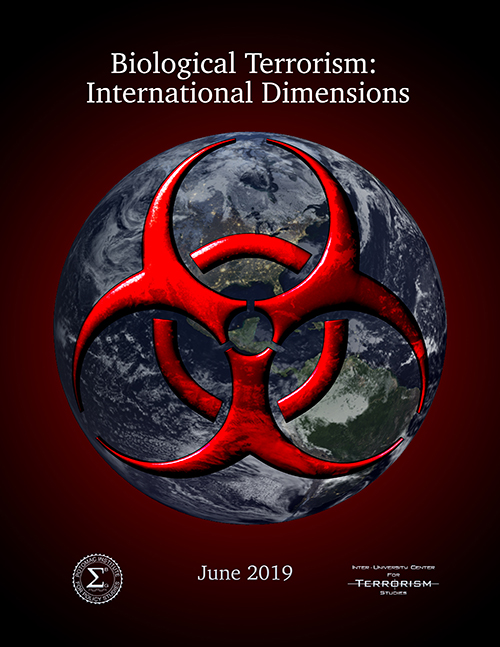 Biological security concerns, ranging from Mother Nature to man-made threats by state and non-state actors, transcend geographic regions. In 2018 and early 2019 alone, the Ebola virus has broken out in the Congo, cholera has afflicted war-torn Yemen, North Korea has augmented its biological warfare capabilities, and the Islamic State has demonstrated a willingness to pursue the use of biological weapons. These looming biological threats pose continual and unprecedented security challenges to those in the U.S. and abroad.
Biological security concerns, ranging from Mother Nature to man-made threats by state and non-state actors, transcend geographic regions. In 2018 and early 2019 alone, the Ebola virus has broken out in the Congo, cholera has afflicted war-torn Yemen, North Korea has augmented its biological warfare capabilities, and the Islamic State has demonstrated a willingness to pursue the use of biological weapons. These looming biological threats pose continual and unprecedented security challenges to those in the U.S. and abroad.
Is the international community prepared to identify, prevent, counter, and respond to future biological challenges? What are the past lessons, emerging risks, and needed strategies nationally, regionally, and globally?
The following report on “Biological Terrorism: International Dimensions” is based off the remarks given by experts from the security and health communities during a special seminar held on March 28, 2019 at the International Law Institute in Washington, D.C. The distin-guished panel included: Dr. Larry Kerr (Director, Pandemics and Emerging Threats, Office of Global Affairs, U.S. Department of Health and Human Services); Professor Rita Colwell (Distinguished University Professor at the University of Maryland, College Park and Johns Hopkins University Bloomberg School of Public Health, and Senior Fellow, Potomac Institute for Policy Studies); Dr. Daniel M. Gerstein (Senior Policy Researcher, Rand Corporation, and Former Acting Undersecretary and Deputy Undersecretary in the Science and Technology Directorate, Department of Homeland Security); Dr. Gerald L. Epstein (Distinguished Research Fellow at the Center for the Study of Weapons of Mass Destruction, National Defense University); and Dr. Meghan Delaney (Chief of Pathology and Laboratory Medicine & Medical Director for Transfusion Medicine, Children’s National Medical Center, and Associate Professor of Pathology & Pediatrics, George Washington University). Professor Yonah Alexander (Director, Inter-University Center for Terrorism Studies, and Senior Fellow, Potomac Institute for Policy Studies) moderated the discussion and General Al Gray (Twenty-Ninth Commandant of the U.S. Marine Corps, and Senior Fellow and Chairman of the Board of Regents, Potomac Institute for Policy Studies) provided closing remarks.
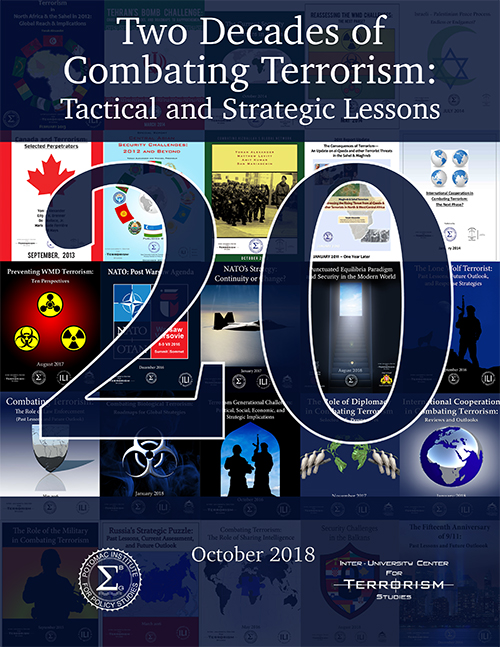 An enduring fixture of international affairs is the fact that, throughout the history of the world, nothing is static . Empires, countries, communities, and nearly entire civilizations have risen and declined while others became engaged in an endless struggle for power within and among social and political identifiable structures.
An enduring fixture of international affairs is the fact that, throughout the history of the world, nothing is static . Empires, countries, communities, and nearly entire civilizations have risen and declined while others became engaged in an endless struggle for power within and among social and political identifiable structures.
It is not surprising, then, that two historical lessons spring to mind when considering these socio- political fluctuations. The first recalls the old Chinese proverb which reads, “One who studies the past, knows the future” and the second observation, attributed to Hegel, asserts that “We learn from history that we do not learn from history.”
Indeed, these truisms have echoed continuously throughout the ages of different cultures and peoples located in every geopolitical region. The experience of the Balkans from antiquity to modernity demonstrates both evolutionary and revolutionary developments of triumph and calamity with broader significant strategic implications.
From the dawn of history, humanity has continuously faced two critical security challenges. The first is “natural”, or “Mother Nature’s”, disasters. It includes a wide range of disruptions and destruction to human lives and property. Hurricanes, tornadoes, earthquakes, tsunamis, monsoons, droughts, floods, heat waves, wildfires, and varieties of pandemics arising from biological pathogens, cause some of the most frequent catastrophic costs to individuals, communities, and civilizations.
Read more: Two Decades of Combating Terrorism: Tactical and Strategic Lessons
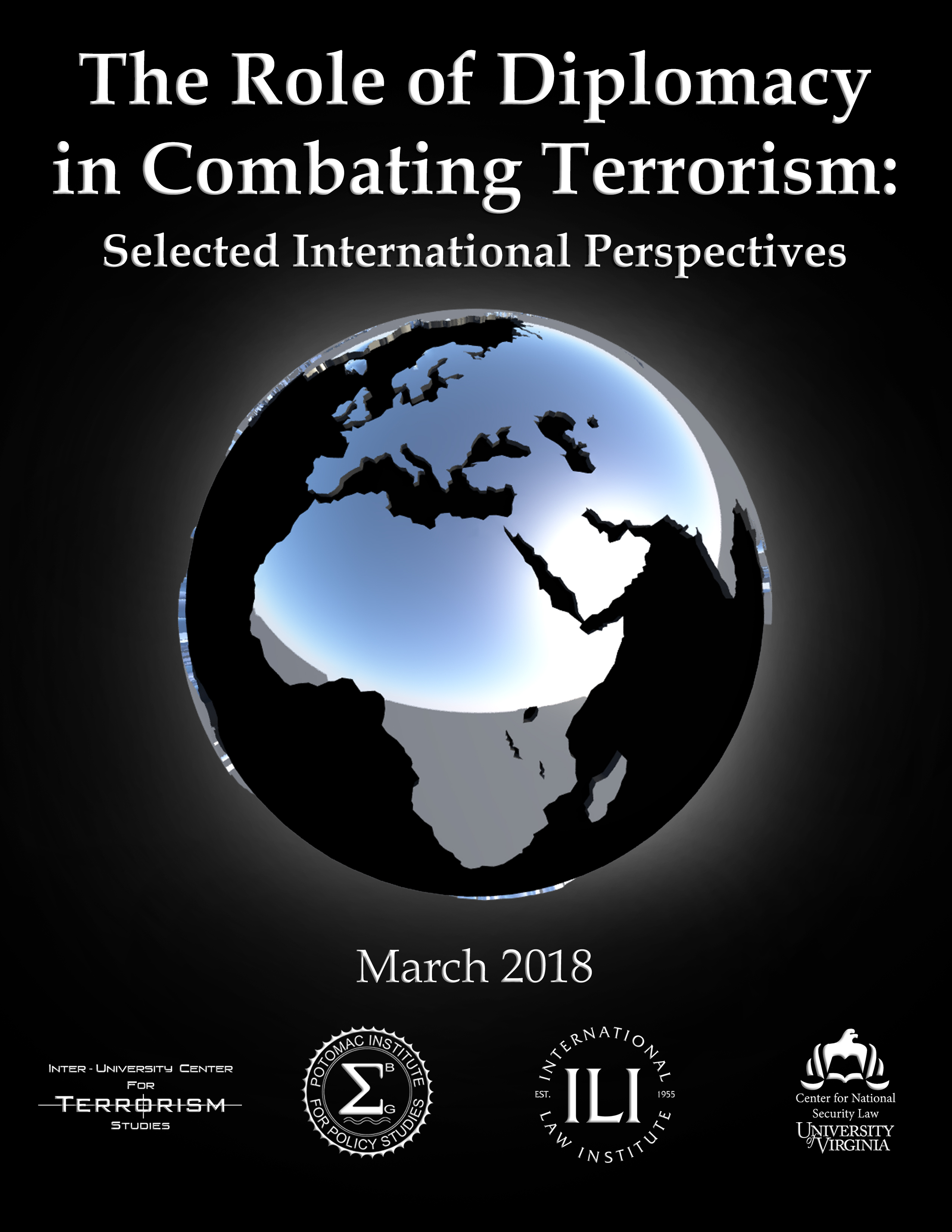 From the dawn of history “diplomacy” has been utilized as a permanent mode of statecraft in the struggle for power within and among nations during peace and war.
From the dawn of history “diplomacy” has been utilized as a permanent mode of statecraft in the struggle for power within and among nations during peace and war.
The purpose of this March 2018 report on “The Role of Diplomacy in Combating Terrorism: Selected International Perspectives” is to highlight insights from foreign diplomats on threats and challenges to officials and their missions, analysis of statecraft, and “best practices” responses to radicalization and violence.
Download the report here.
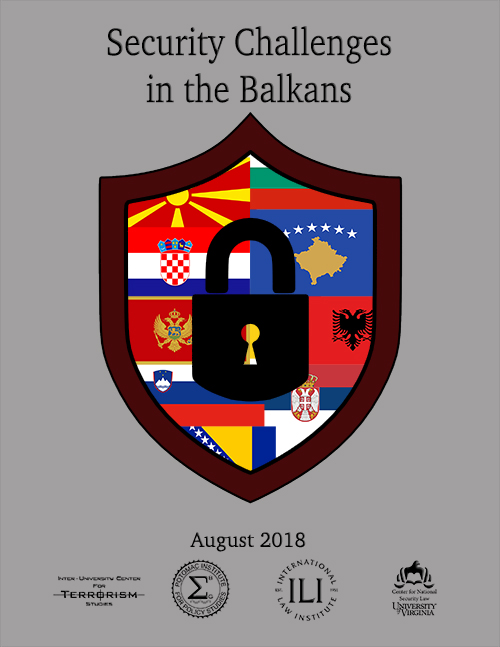 An enduring fixture of international affairs is the fact that, throughout the history of the world, nothing is static . Empires, countries, communities, and nearly entire civilizations have risen and declined while others became engaged in an endless struggle for power within and among social and political identifiable structures .
An enduring fixture of international affairs is the fact that, throughout the history of the world, nothing is static . Empires, countries, communities, and nearly entire civilizations have risen and declined while others became engaged in an endless struggle for power within and among social and political identifiable structures .
It is not surprising, then, that two historical lessons spring to mind when considering these socio- political fluctuations . The first recalls the old Chinese proverb which reads, “One who studies the past, knows the future” and the second observation, attributed to Hegel, asserts that “We learn from history that we do not learn from history .”
Indeed, these truisms have echoed continuously throughout the ages of different cultures and peoples located in every geopolitical region . The experience of the Balkans from antiquity to mo- dernity demonstrates both evolutionary and revolutionary developments of triumph and calamity with broader significant strategic implications .
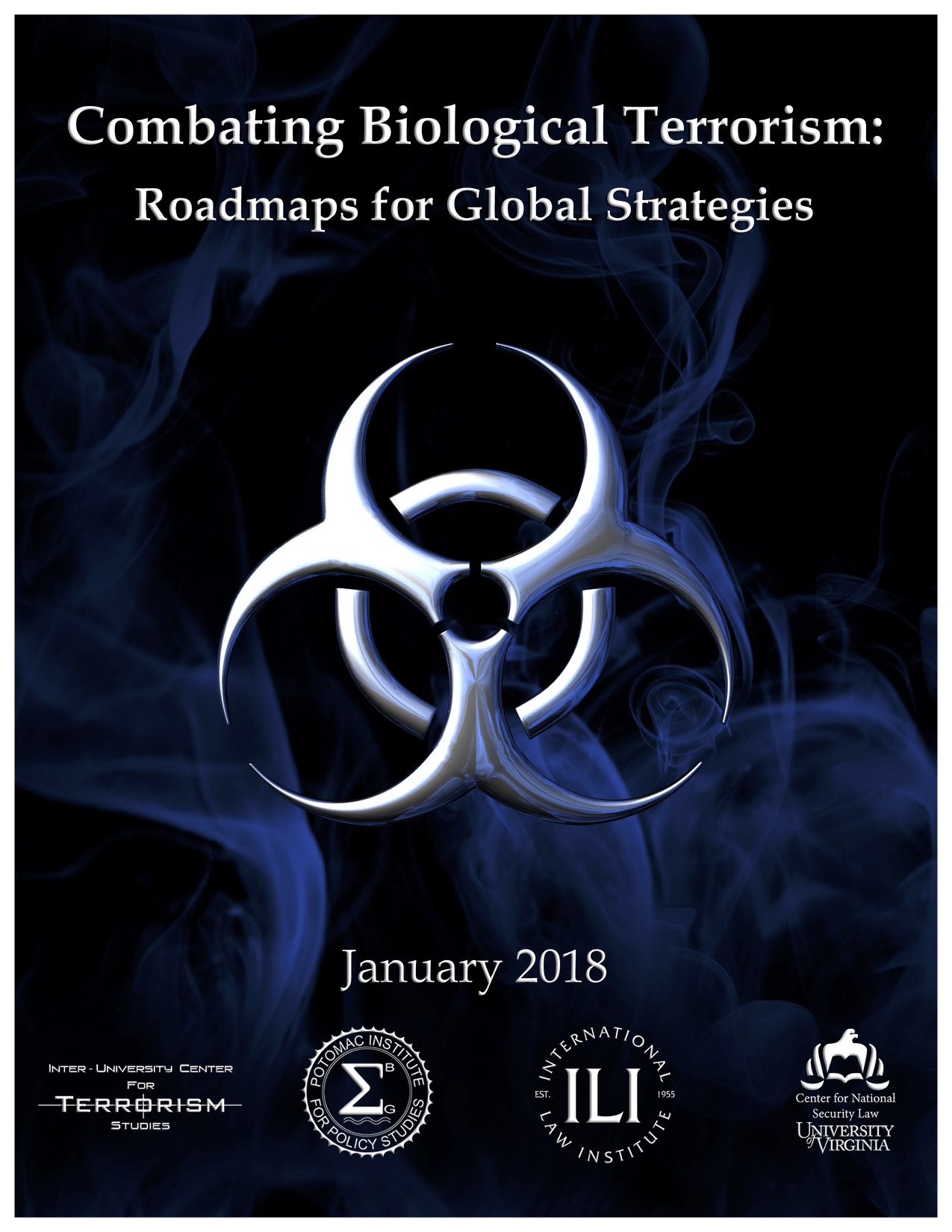 Recent epidemics, such as Ebola and Zika, and the potential dangers of biological terrorism from both state and non-state actors highlight the urgent need to address these challenges through international partnerships and comprehensive biosecurity strategies to reduce the gravest health risks at home and abroad.
Recent epidemics, such as Ebola and Zika, and the potential dangers of biological terrorism from both state and non-state actors highlight the urgent need to address these challenges through international partnerships and comprehensive biosecurity strategies to reduce the gravest health risks at home and abroad.
This January 2018 report on “Combating Biological Terrorism: Roadmaps for Global Strategies” follows several earlier related publications, such as “Biological Terrorism: Past Lessons and Future Outlook” (June 2017) and “Preventing WMD Terrorism: Ten Perspectives” (August 2017).
Download the report here.
